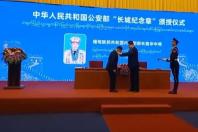KATHMANDU, Nepal (The Kathmandu Post/ANN) - The people are willing to rise and take back power when necessary.
About a month ago, unprecedented public protests forced humiliating climb-downs by two very haughty and very dissimilar governments in Nepal and in Hong Kong. Nepal is underdeveloped, poor and debilitatingly corrupt. The Nepal Communist Party (NCP), which won the last parliamentary election by an overwhelming majority, rules the country. Mr KP Sharma Oli is the Prime Minister.
Hong Kong is highly developed and wealthy. It is one of the least corrupt places in the world. It is administered as a Special Administrative Region of China with its own independent executive, legislature (LEGCO) and the judiciary. The ‘Basic Law’ signed in 1997, when the British handed Hong Kong over to Beijing, guaranteed the independence of Hong Kong’s governing institutions from outside interference, including from Beijing.
Despite the different administrative systems and the disparity in their economic well-being, both Nepalis and Hong Kongers suffer from a sense of painful betrayal by their political leaders. And they are seething. In Nepal, political corruption; a non-functioning government; the Nepal Communist Party leaders’ indifference and their mocking of public opinion, as well as the unparliamentary practice of ramrodding unpopular bills through a complicit parliament, has aroused the public’s anger.
In Hong Kong, the slow surrender of its independence to Beijing by the Chief Executive of the Special Administrative Region through a compliant LEGCO and the increasing domination by the mainlanders (that is how the Hong Kongers describe the Chinese from mainland China) in the territory has caused much distrust.
The trigger to the public protests which forced the climb-downs were two very dissimilar bills the respective governments in Kathmandu and Hong Kong tried to push through their legislatures.
What were the bills? What was the message from the protests?
Nepal’s Guthi Bill
In Nepal, the trigger was the so-called ‘Guthi Bill’ (amendment to the existing Guthi Act). Guthis are centuries-old organisations established by communities to maintain socio-economic order in their flock. The government argued the amendment of the existing Act was required to better manage the Guthis. The amendment would put guthi management under a powerful government-appointed commission. The opponents of the amendment argued that the amendment will weaken the glue that has held these cooperative systems together for centuries.
Many of the Guthis own real estate, including land. The income from the land is used to support the communities. Some even saw a corrupt intent in the amendment. They suspected the real intent is to take over the Guthi land holdings and distribute it amongst the ruling party’s cadres. There is no evidence to support this view, but recent reports of the Nepal Communist Party General Secretary’s involvement in machinations to convert public land to private ownership and buy them at costs less than market value coupled with the fact that the government did not consult even the stakeholders during the drafting of the amendment helped fuel the conspiracy theory. The sad truth is more than often such theories are borne out by facts.
The NCP has an overwhelming majority and a compliant Speaker in Parliament. The government has previously rammed controversial bills through parliament by completely ignoring the opposition. They were not aware they were testing their luck when they tabled the Guthi Bill. The people had enough of political chicanery. They rose up wherein the Kathmandu residents came out in droves to march in protest. The eternally abrasive, shoot-from-the-hip government spokesperson, Gokul Baskota, called the protesters the ‘vestiges of samantabadi’ (feudal lords). But the protests grew bigger and eventually, the government capitulated. It withdrew the bill. The protestors demanded Baskota’s resignation.
Hong Kong’s Extradition Bill
About the same time when the drama of the Guthi Bill was unfolding in Kathmandu, the spectacle of the ‘Extradition Bill’ was evolving in Hong Kong. The Chief Executive of Hong Kong, Ms Carrie Lam was working to push the Extradition Bill through the mainland compliant LEGCO.
The Extradition Bill, if passed into law, would have allowed the easy extradition of Hong Kong residents to China—this would include foreigners residing in Hong Kong. The Law would have jettisoned Hong Kong’s tradition of rule of law guaranteed by the Basic Law. Without the rule of law, Hong Kong would lose its political freedom, and its position as one of the world's major financial centres would be in jeopardy.
In Hong Kong, during the early days of protest, Ms Lam characterised the protests as a juvenile rebellion in a family and claimed, as an adult guardian, she was duty-bound to tame it. The protests grew louder and bigger (up to two million people, the majority of them young adults, came to the streets) and the government capitulated. The protestors broke into the LEGCO meeting room and planted the British Union Jack alongside Hong Kong’s Bauhinia flag. The irony of the colonial flag beside the Hong Kong flag was unmistakable.
Lam apologised and declared the Bill dead, but has not withdrawn it yet. The Bill’s opponents do not trust her and suspect that she will resurrect it. The protesters want the Bill to be withdrawn and Lam to resign. The protests continue while Beijing has issued veiled threats of retribution.
The take away from all this is that there is a serious trust deficit between people and their respective governments in Nepal and Hong Kong. The protests in the two cities reaffirm the limited life of political chicanery. People rise when they lose trust in their leaders.
The message of the demonstrations to both Mr Oli and Ms Lam was the same. Reverse the course; earn our trust; work for us. The real power lies with us, the people. We gave you the power. We can snatch it from the streets.
Koirala was a Chief Engineer in the Hong Kong government’s Geotechnical Engineering Office.



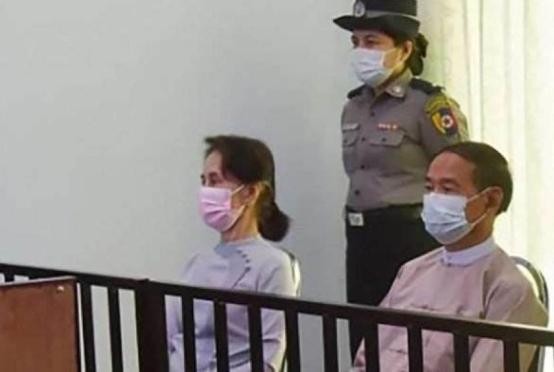
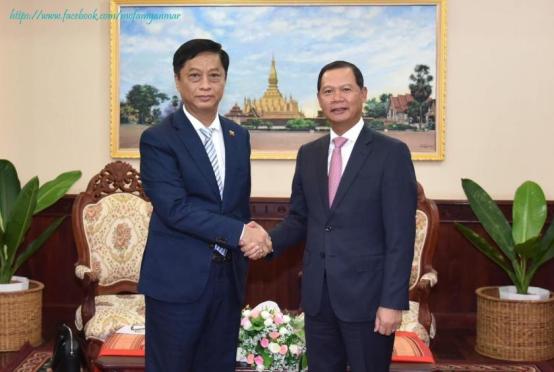
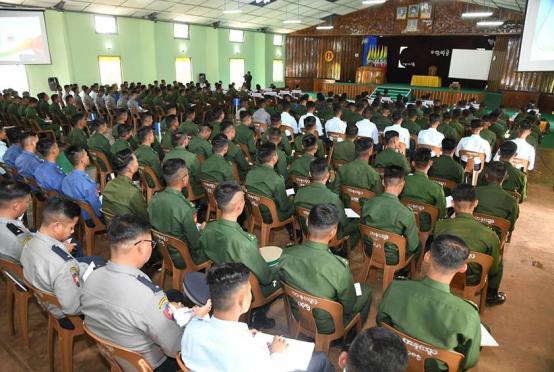
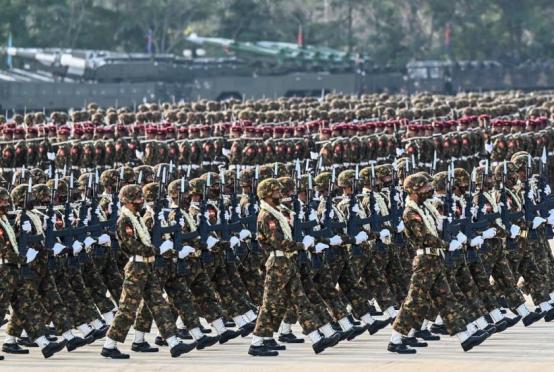
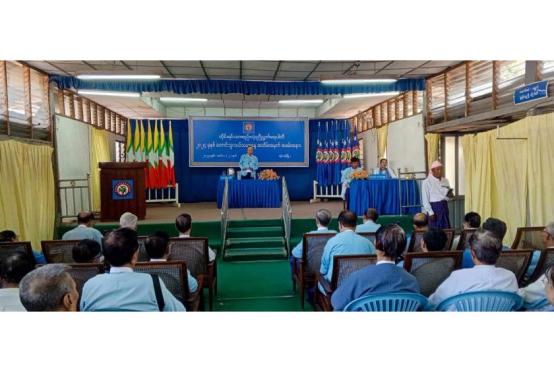

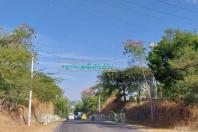
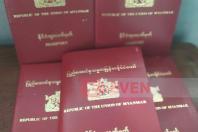

![[Photo credit: Shwe Yoathlwar charity group]](https://elevenmyanmar.com/sites/news-eleven.com/files/styles/most_read_img/public/news-images/plaza.jpg?itok=v6Gn0YGX)
